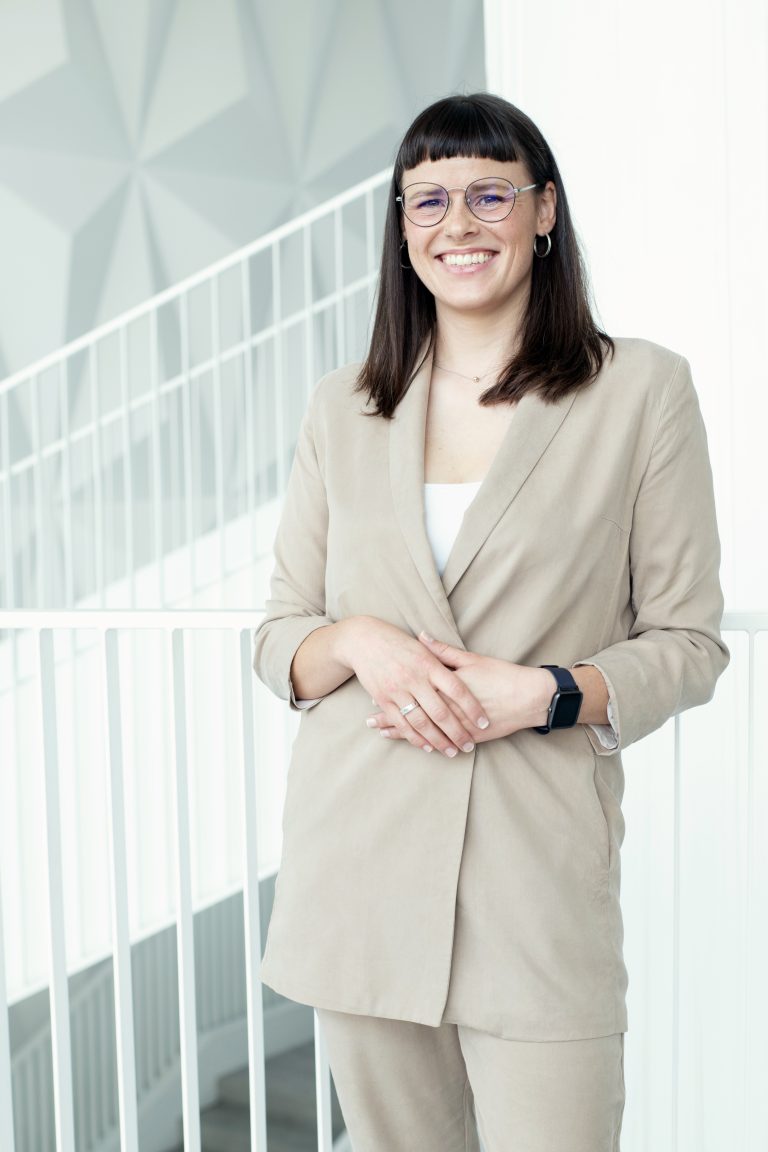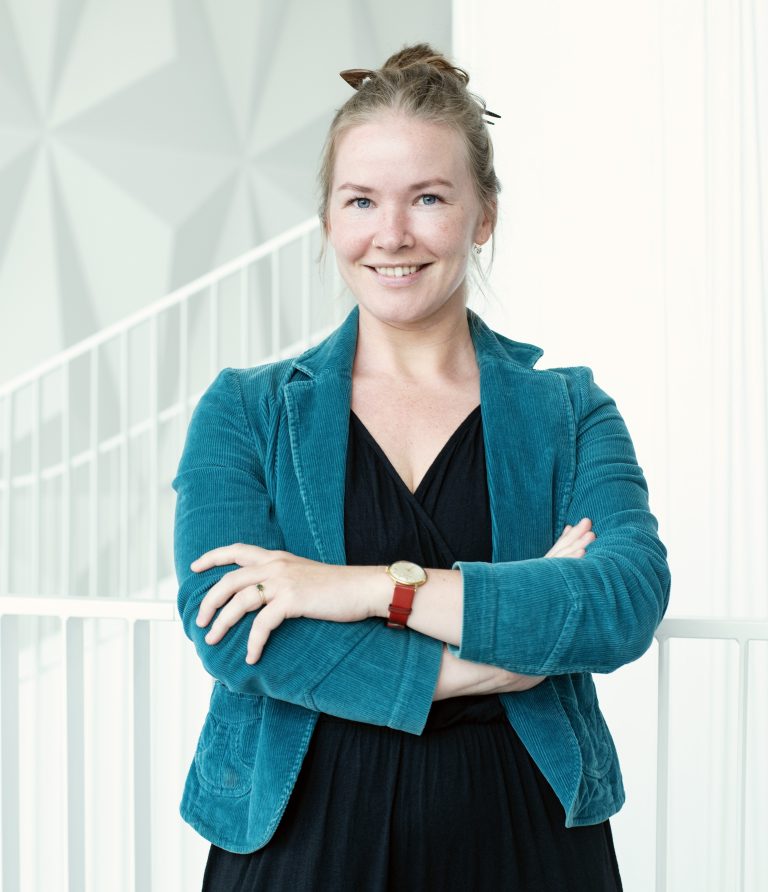Kurkime modernią Lietuvos ateitį kartu
RegistruotisLR Teisingumo ministerija
Sustainable consumption: how to encourage repair and reuse?
Problem
Over the last decades, replacement has often been prioritised over repair whenever products become defective and insufficient incentives have been given to consumers to repair their goods when the legal guarantee expires. According to Eurobarometer, goods that can still be repaired are often discarded, generating 35 million tonnes of waste, 30 million tonnes of resources and 261 million tonnes of greenhouse gas emissions in the EU every year. In addition, it is estimated that EU consumers lose almost €12 billion a year by replacing broken items with new ones, which they could save by choosing to repair them.
In light of these problems, on 22 March 2023, the European Commission adopted a new proposal for a Directive on common rules to encourage the repair of goods, also known as the “Right to Repair” Directive. It removes barriers that discourage consumers from repairing goods due to inconvenience, lack of transparency or difficulty in accessing repair services. The Directive therefore promotes repair as a more sustainable consumer choice that contributes to the European Green Deal and environmental objectives. The Right to Repair initiative is also estimated to generate €4.8 billion in growth and investment for the EU economy. This proposal is part of the European Commission’s broader goal of becoming the first climate neutral continent by 2050. This is only possible if consumers and businesses change their consumption and production habits to more sustainable ones.
The situation of repairing and reusing things in Lithuania is not well researched. In order to ensure the effectiveness of the transposition of the EU Directive into Lithuanian national law, it is important to fill this knowledge gap. This project aims to provide a detailed analysis of the repair and re-use ecosystem in Lithuania.
Goal
The aim of the project is to find out how to promote the repair and re-use of objects in Lithuania.
Project progress
2023/10/30
Current situation analysis
2024/01/09
Overview of good practices
2024/01/17
SWOT analysis of the Lithuanian repair sector
2024/02/27
Presentation of the Repair Bonus Model at the Consumer Protection Council of the Ministry of Justice
2024/02/28
Presentation of the Repair Bonus Model to the Circular Economy Working Group of the Ministry of Economy and Innovation
2024/03/04
Recommendations for the promotion of repair through compensation vouchers
2024/05/28
Presentation and participation in a panel discussion on Lithuania's Repair Bonus Model at the Ministry of Environment's seminar, “On the Road to a Circular Economy”
2024/06/19
Meeting with French NGOs on the implementation of the Repair Bonus Model
2024/07/17
Inter-ministerial discussion with the government on the Lithuanian Repair Bonus Model
Project files
Result


